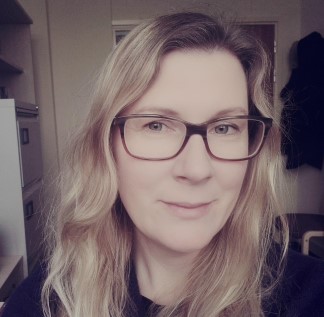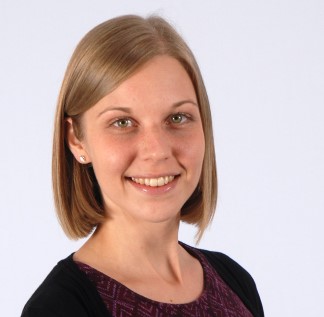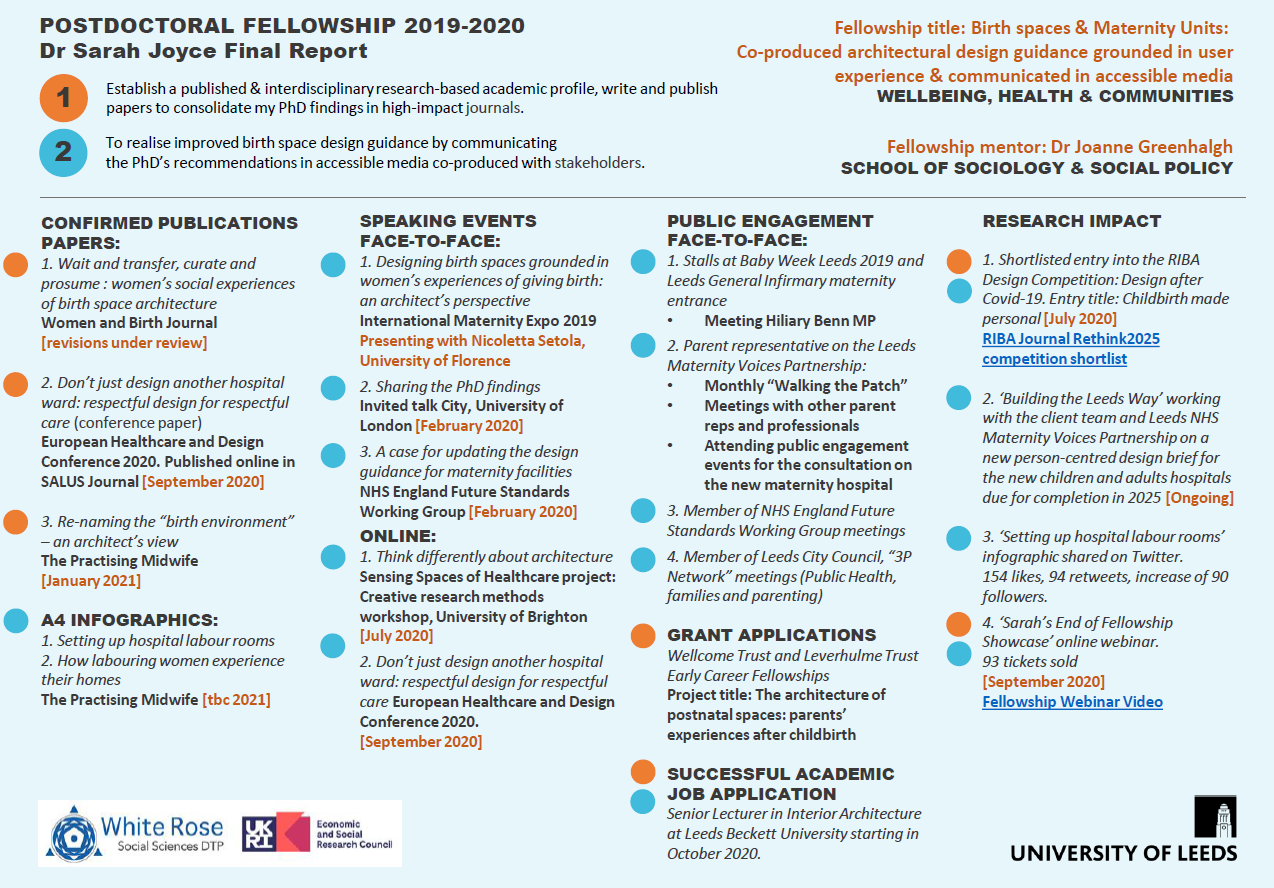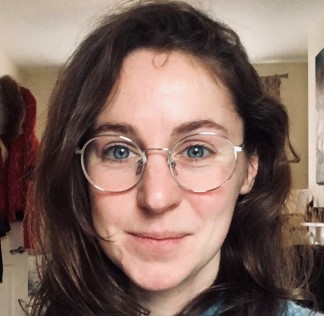I submitted the article ‘Disciplinary and Pastoral Power, Food and Poverty in Late-Modernity’ to Critical Social Policy in March 2020; I have since submitted revisions and am waiting to hear the outcome. In addition, I have published two further articles, one book chapter, and an article in The Conversation on inequalities, food and poverty: Pybus, K, Power, M & Pickett, K 2020, ‘A mixed-methods, participatory study of food and insecurity in the context of inequality’, Journal of Poverty and Social Justice (Accepted/In press); Power, M, Doherty, B, Pybus, K & Pickett, K 2020, ‘How COVID-19 has exposed inequalities in the UK food system: The case of UK food and poverty’, Emerald Open Research, vol. 2, 11; Power, M 2020, The Hungry City: A Growing Resistance to Britain’s Food Poverty Crisis. in J Dobson & R Atkinson (eds), Urban Crisis, Urban Hope: A Policy Agenda for UK Cities. Anthem Environment and Sustainability Initiative (AESI), Anthem Press, pp. 11-17; Power, M. Why some people are being put off food banks, The Conversation, 5 December 2019. I originally intended to co-produce a policy toolkit on food insecurity with Bradford Metropolitan District Council Public Health team. The landscape of food insecurity and food aid in Bradford and the UK more broadly was disrupted significantly by Covid-19. As a consequence, Bradford Council, Feeding Bradford (the main coordinating body for food aid in Bradford), Born in Bradford/Bradford Institute of Health Research (BIHR) and I modified the planned to work to assess the change in existing provision and usage, and develop policy to reflect the new context. We recruited an intern for four weeks to assist with a mapping exercise. This work directly informs and is written into Bradford Council’s Sustainable Food Strategy as well as Feeding Bradford’s ongoing organisational work.
2. Develop and consolidate academic and non-academic partnerships around ethnicity and religion in the food aid sector, and improve the inclusion of ethnic and religious minorities within the food aid arena.
I originally intended to hold a workshop at the University of York on ethnic inequalities in food insecurity. Due to Covid-19 restrictions, this was co-organized as a webinar with the Independent Food Aid Network (IFAN). Given the immense demands placed on food aid coordinating bodies at this time, IFAN were renumerated for their work. A briefing note on key issues addressed in the webinar and recommendations for inclusion in food aid will be published in October 2020. IFAN, in conjunction with the University of York, is organizing a follow-up webinar due to the high interest in the topic. In addition, I co-organized the workshop, ‘Questioning the role of religious faith in UK food provision’ at the ENUF Household Food Insecurity Conference, 2020. A summary of the workshop was published as a multi-authored blog, ‘Denning, S, Williams, A, Power, M, Pemberton, C & Cullen P. Questioning the role of religious faith in UK food provision, Life on the Breadline, 1st July 2020’.
3. Advance my inter-disciplinary and mixed-methods skills, and improve my research leadership capabilities, with a view to leading a larger grant application.
I have received training and mentoring from leading researchers in inter-disciplinary social science, including Professors Hilary Graham and Neil Small. I was shortlisted for a UKRI Future Leaders Fellowship for a mixed-methods, inter-disciplinary study on ethno-religious differences in food insecurity. I have been awarded a Wellcome Trust Research Fellowship in Humanities and Social Science (£245,970.96) for a project entitled: Understanding ethnic variations in the prevalence and experience of food insecurity, and its interaction with mental health: A mixed-methods longitudinal research programme. This will run from 2020-2024.
















